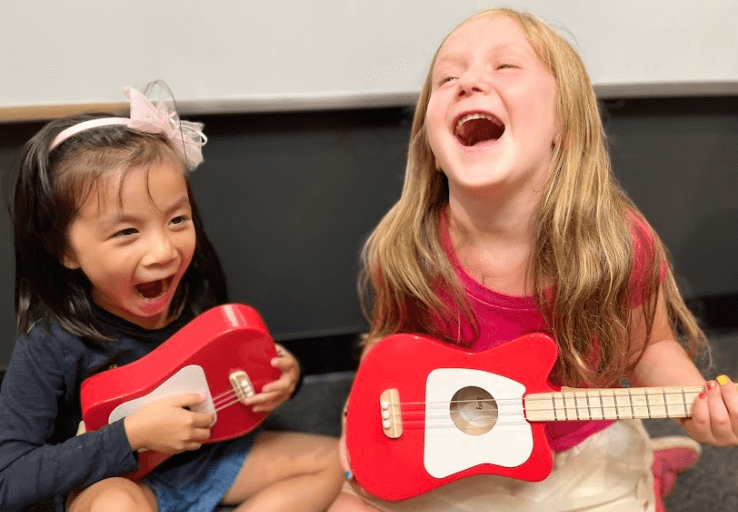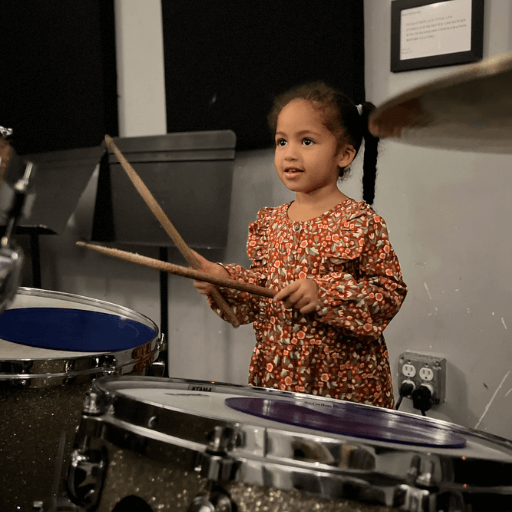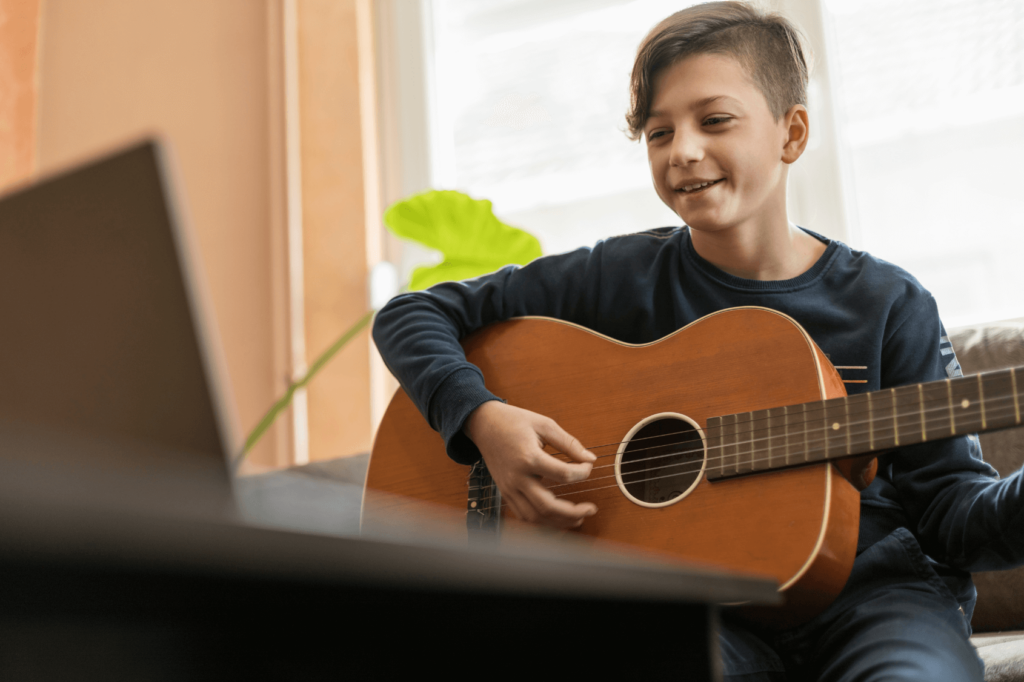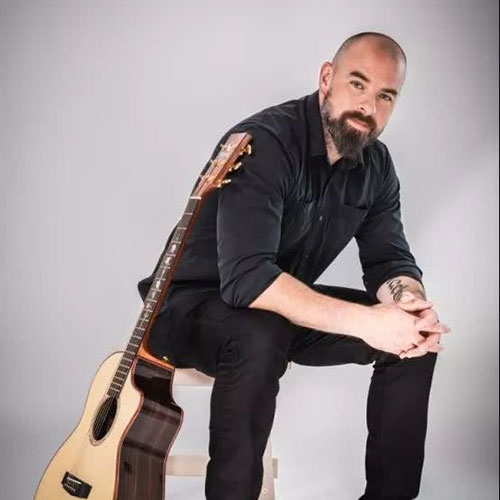“It’s such a break from my day-to-day work and it cleanses my mind and sets me on my way to , you know get back to work and solve other problems so I look forward to it every week.”
Best Practices for Parents With Young Children Attending Their First Lesson
A guide to setting your child up for a successful start in music.
Table of Contents
- How to Prepare at Home Before Attending Our School
- Encouraging Your Child to Thrive with Music
- Preparing for the First Arrival
- What You Should Have Received From Us (And What We Need From You!)
- Tips by Age Group
- How to Handle Lack of Practice at Home While Staying Encouraging
- Troubleshooting Common Challenges
- Guidance on Lesson Frequency and Expectations







